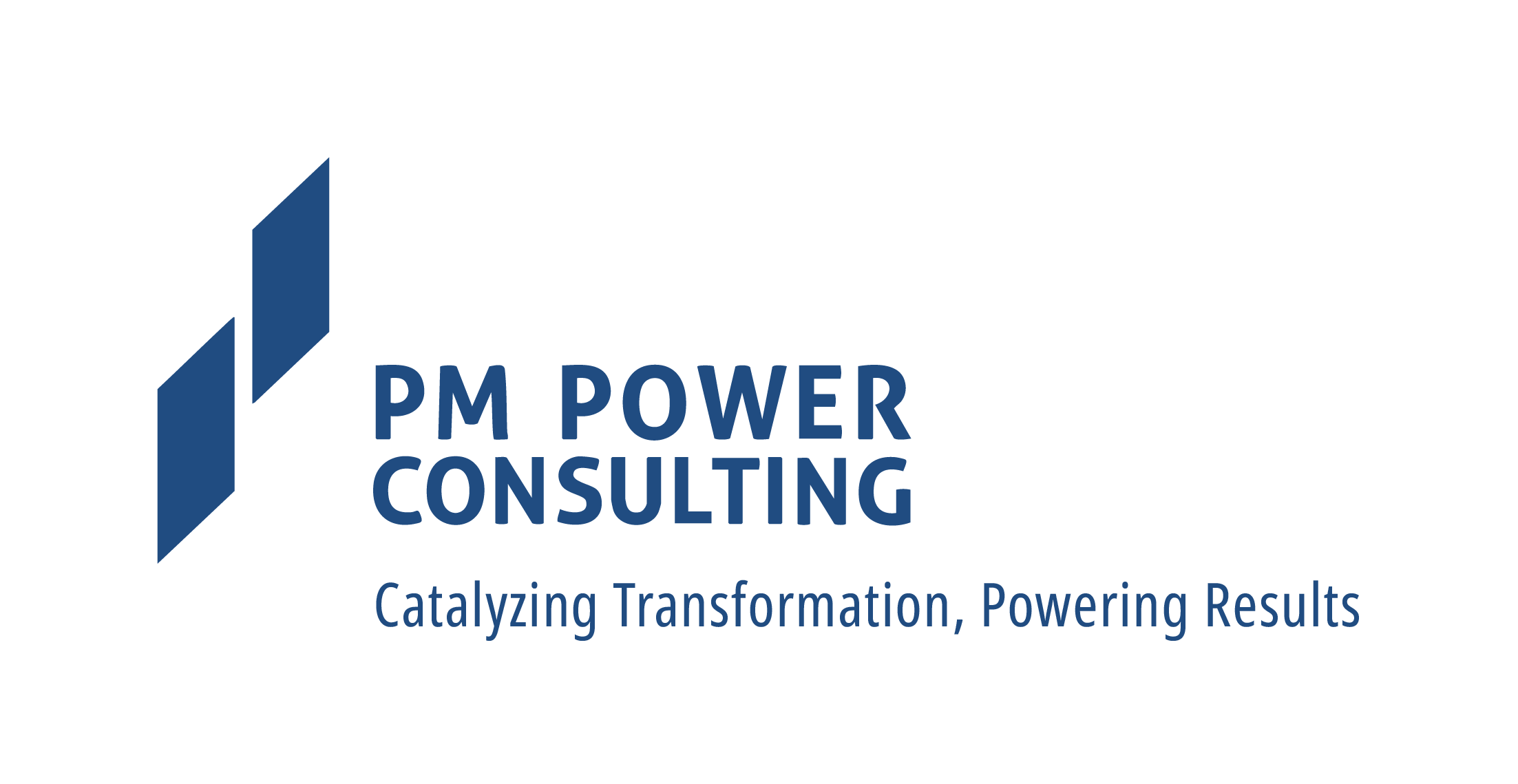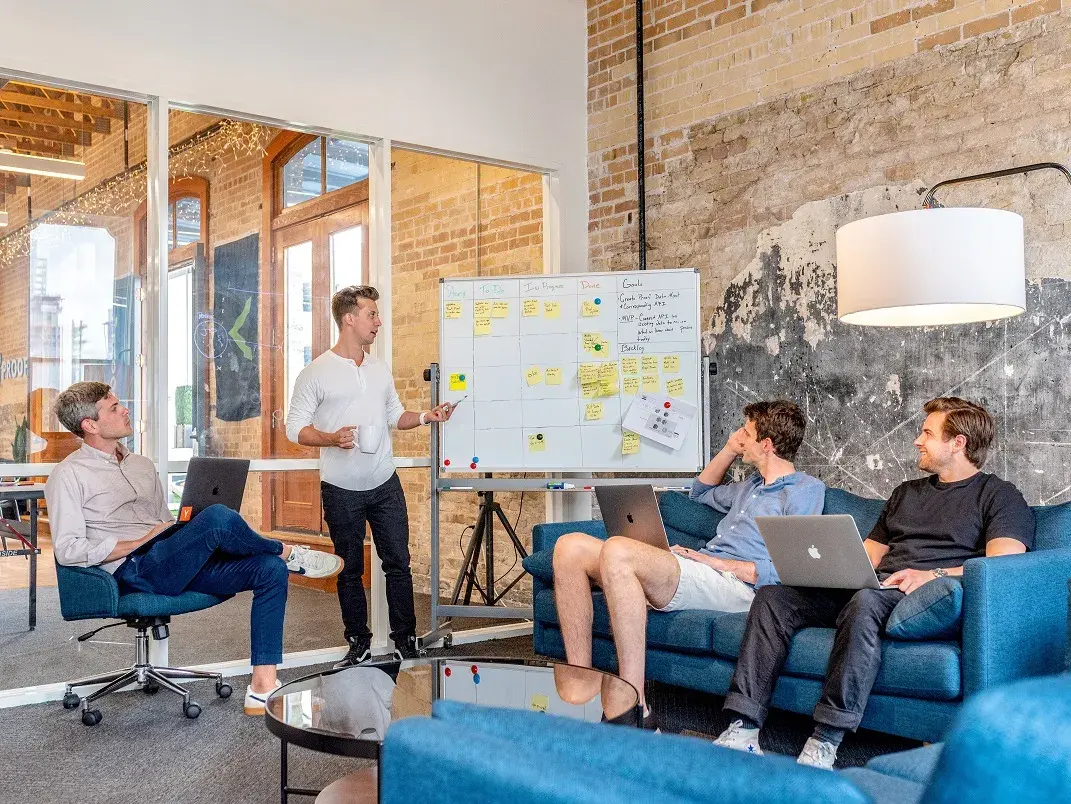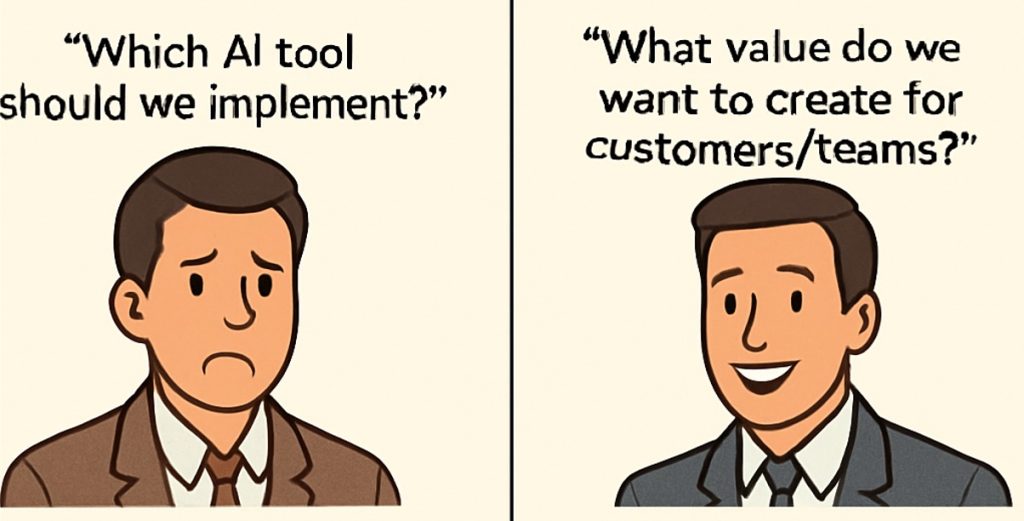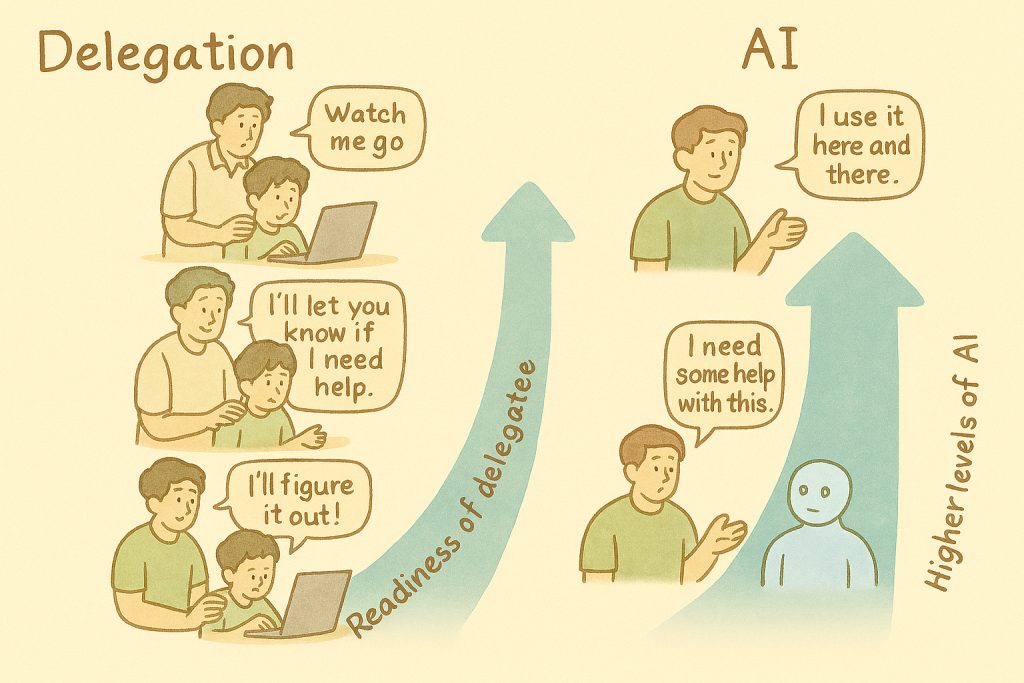Trust is the foundation for any high performing team. Trust takes time to get established. Some of us start with trusting everyone till we sense otherwise and feel betrayed. Some of us start by not trusting anyone and wait for trust to get established. Given this wide spectrum, how does one get started on building trust?
I am sharing my experience of working with a team that had teaming issue (read as trust) that was unresolved for some time. I, as an Agile Coach, observed the team for a couple two-week sprints and then tried a few things. And the following three simple interventions worked wonders:
- Encourage team to focus on facts over perception in interactions
- Improve mutual understanding between team members
- Go for a meal together to build bonhomie
Facts over perception:
I had noticed some tension between Sangita, a senior team member and Pratima, a new team member. On exploring further figured that it was a series of misunderstandings between the two of them. The assumptions made by them about each other, based on their perceptions and not facts, kept fuelling more misunderstanding. Reminded me of a clever saying that ASSUME is making an ASS of U and ME.
In short, the Sangita had once abruptly cut off a question of Pratima in a Backlog Refinement meeting, without knowing the fact that Pratima had missed the Knowledge Transfer session. Pratima interpreted that as Sangita’s impatience with new members and would become defensive for any query from Sangita and avoid asking her questions – that led to deficiency in Pratima’s work. Sangita was exasperated as to why Pratima is not reaching out and Pratima was appalled at Sangita’s apparent high-handedness. I am sure all teams have many such undercurrents that sadly remain undetected, unaddressed. This is lack of trust and understanding.
Made a pitch to the team to avoid making assumptions about any negative intent from other team members. Advised to just hold that negative thought off, till one ascertains the facts/ look at data. The very act of trying to hold off the negative thought helps, as most often such thoughts fade away, as they are not getting fed/fuelled. Reminded them that Scrum is an empirical process, where we base our decisions on facts/ data.
Get to know each other:
| What am I passionate about? |
| What can I give to the team? |
| What do I expect from the team? |
| What makes me happy? |
| What do I get bugged by? |
The team had a working agreement in place created with involvement of all, that reflected their mission and collective likes and dislikes. We had team members answer these questions in the context of their work and shared the same.
The team members read out their points, answered questions to clarify their points. Some updated their points after listening to others, as they had missed some facet. The primary focus was on work together to accomplish the team mission.
This exercise was fun, lots of it. They were happy to see similarities and notice differences and were pleasantly surprised by the unknown aspects of other team members.
Go for a meal together:
Long back I went for a project dinner with one my teams, it was a pleasant experience in a nice restaurant with great ambience and yummy food. Next day at work, I saw that a senior team member, Akash and a junior team member, Pavan having an animated discussion. This was a surprise as they were quite formal with each other in the past. I realized that they had discovered their common interest in online chess and figured that their spouses went to the same school, in course of the project dinner. This was an eye-opener for me in terms of the impact informal events could have and has become my favourite intervention, in no-cost avatar described below.
Coming back to the team, the team would go in twos, threes and some on their own for lunch and breaks. I suggested they do just one meal together as a team in a week, many were aghast at the suggestion, but agreed to give it a try. The enabling factor – once a week only, right? Coming after the team activity above, this helped the team develop better rapport with each other and look forward to this weekly meal together.
With these interventions in place, over a period of six weeks the team was a much better, happy, performing and fun team. Would like to hear your views and experiences.
Here are some links:
Importance of Trust in Agile Teams
What Anxiety does to us at work?





